Prime Minister Joseph Muscat believes that if the EU does not take bold decisions on how to mitigate the migration crisis today, it will be forced to make even bolder, or radical, decisions in the future.
Dr Muscat said this during his address at the European Parliament (EP) on Malta’s upcoming programme for the Presidency. EU Commission President Jean-Claude Juncker was also present for the address.
On the issue of migration, Dr Muscat believes in “replicating the essence of the Turkey migrant deal” with the EU. More specifically he said that there must be a strong crackdown on the business model criminal gangs are employing by profiting off the migrant crises through human crises.

The main priorities of the Maltese Presidency are that of migration, the single market, EU security, social inclusion, the EU neighbourhood (relations with surrounding countries) and maritime issues.
PM Joseph Muscat meets Antonio Tajani from The Malta Independent on Vimeo.
He highlighted how Malta has been calling for EU assistance on the migration crises that plagued frontline Mediterranean countries for a decade, slamming it for only throwing money at the problem which he said was not enough.
“During these six months we can choose to dig our heels further and antagonise each other even more, or we can try to understand genuine concerns and misgivings that member states have about the whole way Europe is handling the migration issue,” he said.
“We opted for a two prong approach that focused on the effective management of borders and the fair allocation of burden, which is what we are used to calling it now.
“Our land borders, and more problematically our sea borders, point towards a need for the revision of the Dublin regulation which needs to be an ambitious and workable solution. The last major crisis we had caught Europe unprepared. Outdated European procedures rendered the issue more problematic.
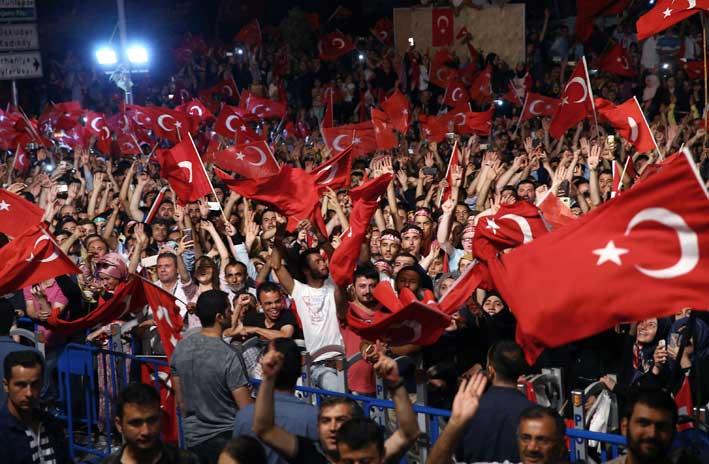
“The deal with Turkey (dealing with the holding of asylum seekers) is far from perfect and is not a long term solution but it has made some difference. Come next spring Europe will face a new heavy influx of migrants, this time through the Central Mediterranean route. The reasons why people would want to take the most difficult journey of their lives is different than the Syrian refugee.
“In my mind there is no doubt that unless the essence of the turkey deal is replicated in the Mediterranean, Europe will face a major crisis. I see no way in which one member state can manage or absorb this further weight. The essence of the core principles of the EU will be seriously tested unless we act now.”
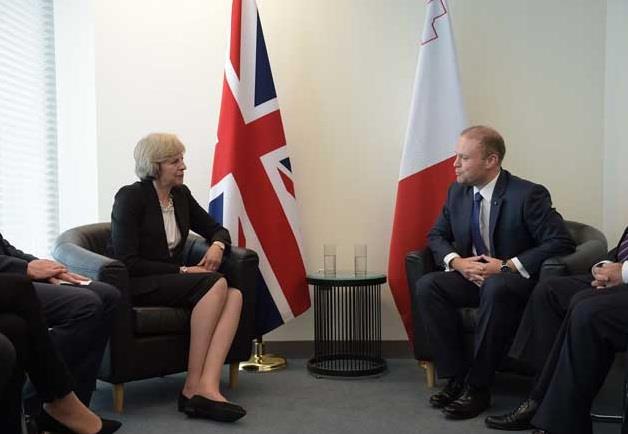
Turning to Brexit, the UK’s decision to leave the EU, Dr Muscat said that the EU Council is in complete agreement on the fact that Britain must have an inferior deal to memberships and that the four freedoms of the EU are indivisible. The four freedoms refer to the founding principles of freedom of movement, goods, services and capital.
Dr Muscat acknowledged the irony of a former British colony taking on the Presidency during a time in which the UK is set to trigger the EU exit clause.
“We want a fair deal for the UK, but that deal needs to be inferior to membership. This should no come as a surprise to anyone. Indeed, thinking it can be otherwise would indicate a detachment from reality. Yesterday’s statement by my friend and colleague (UK PM Theresa May) helps clarify priorities,” he said.
He was making reference to Mrs May’s statement where she spoke of prioritising halting the free movement of people over access to the EU single market or a customs union. Dr Muscat revealed that the Council is in complete agreement with regards its position on Brexit.
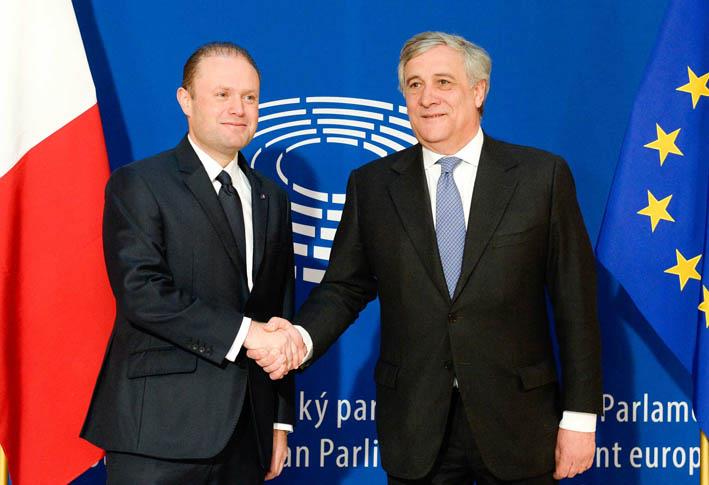
Turning to the specifics of how the Council intends to deal with negotiations, he said that the there will be none before the UK formally triggers the exit proceedings through Article 50. Dr Muscat believes that the EP should be involved “as much as possible” in the whole process.
The EU Council will have an extraordinary meeting once the UK triggers Article 50, “with the aim of establishing the guidelines that will serve as a mandate for the Commission to negotiate”.
“The Commission will be asked to refer back to Council as appropriate. The general affairs Council will be tasked with the preparation of the Council’s work.”
“I advocate that parliament should be involved as much as possible in this process. Having been part of this institution myself, I am aware of the dynamics within. I am of the opinion that not involving parliament is not the best choice and comes at its own risk. It will lead to the fairest of deals risking to be trashed. I move for a consistent approach aimed at guarding the EU process.”
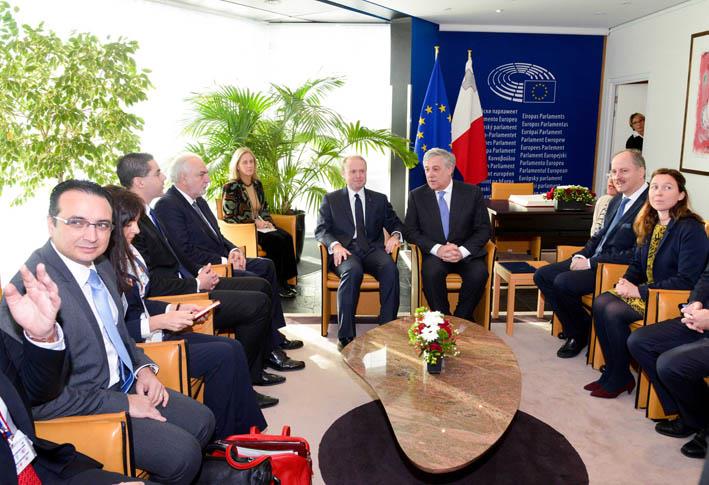
Security
The Prime Minister briefly expressed his views on EU security, calling for a more the speeding up on reform in this area. “The Maltese presidency will work the EP to reach this goal.
“I cannot make this address without mentioning the priority of security. EU is meant to deliver an area of freedom, security and justice. EU citizens need to feel safe and secure within our borders. This has not been so, the security of one member state is the security of another. If we are not united we are extremely vulnerable.
Social Europe
He believes that the social aspect of the EU is the very essence of the interstate bloc. “It is an ethos that no other group of nations can say is theirs. It is a characteristic that no trade deal can ever aspire to replicate. Social Europe is the X factor of the EU, you either have it or you don’t. We want to use these six months to further this ideal.
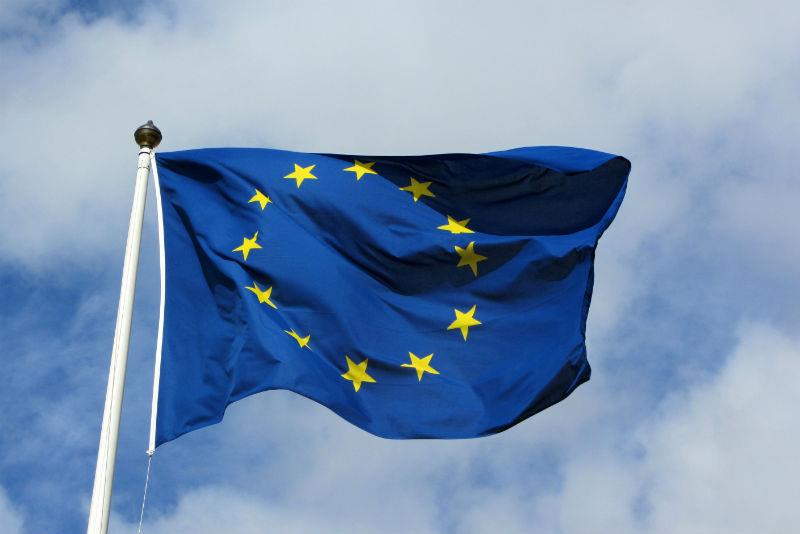
“Social Europe should not be treated as a concept of the 90s, but it is the real scope behind the internal market and the euro. The fact that we have not pursued this actively could contribute to the current mood of citizens within member states. That is why we want to put social Europe back on the agenda, to further the European ideal.
“There are many other issues I would like to speak about, the internal market, international dynamics, environment, Bratislava roadmap, 60th anniversary of EU. The EU means many different things for all, some believe in more convergence, some believe there is too much interference
“There is no doubt however that despite defects, the 60 year EU project led to the best period in Europe’s history. That is why our theme for the Presidency is ‘reunion’”.
***
Doubt has been cast over the Maltese Presidency’s commitment to steer through anti-money laundering legislation due to the role it played in the Panama Papers scandal. The Prime Minister has been quoted as saying that the OPM’s views on the matter are in line with the EU’s.
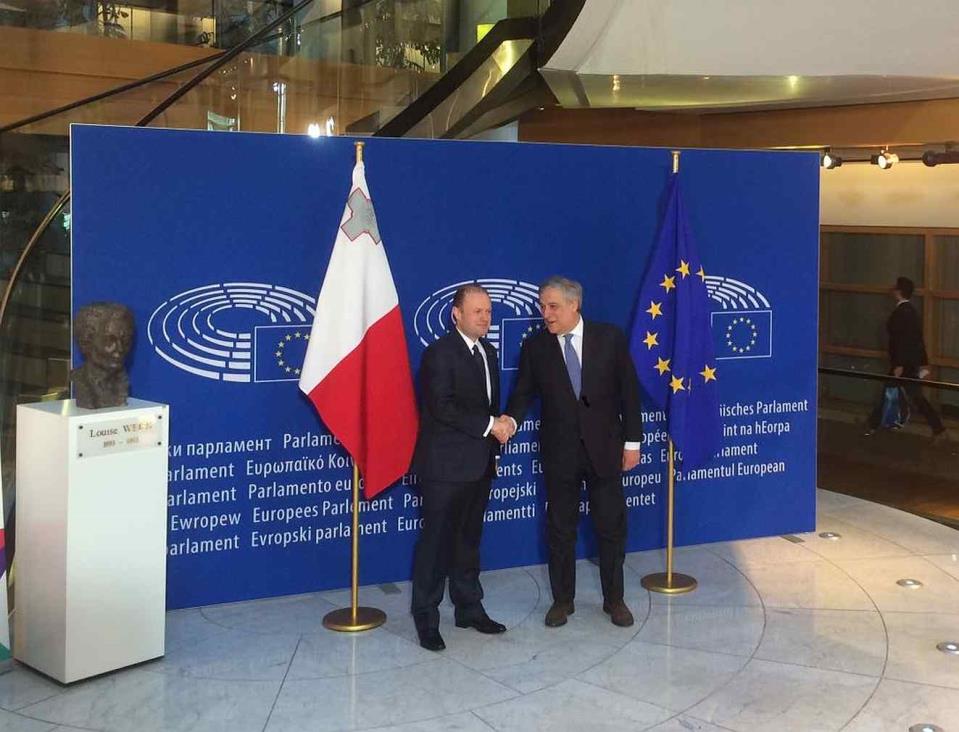
When former EP president Martin Schulz was asked whether he was confident Malta will progress with anti-money laundering legislation throughout its presidency, he did not express any concern and stated that the scandal should cast no doubt on its abilities.
The EP plenary session that the Prime Minister addressed is being chaired by the EP’s newly elected President, Italian MEP Antonio Tajani. He beat his centre-left compatriot Gianni Pittella by 351 votes to 282. It took four rounds of voting for Tajani to emerge victorious. He is an ally of ex-Italian Prime Minister Silvio Berlusconi and a former European commissioner.
Mr Tajani replaces Germany’s Martin Schulz who stands down after five years.